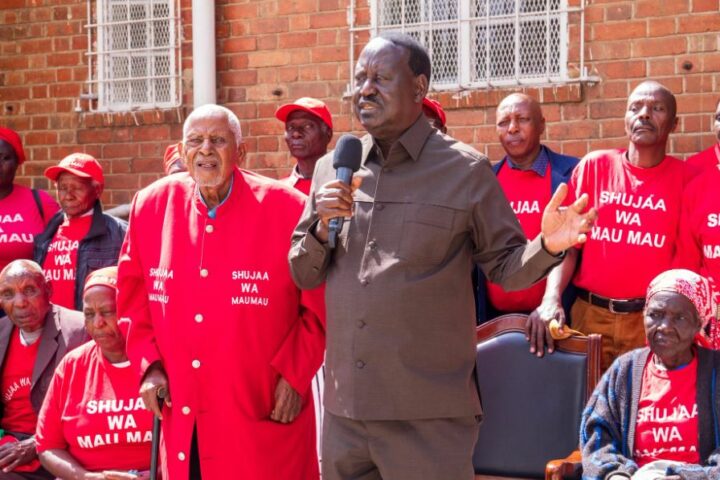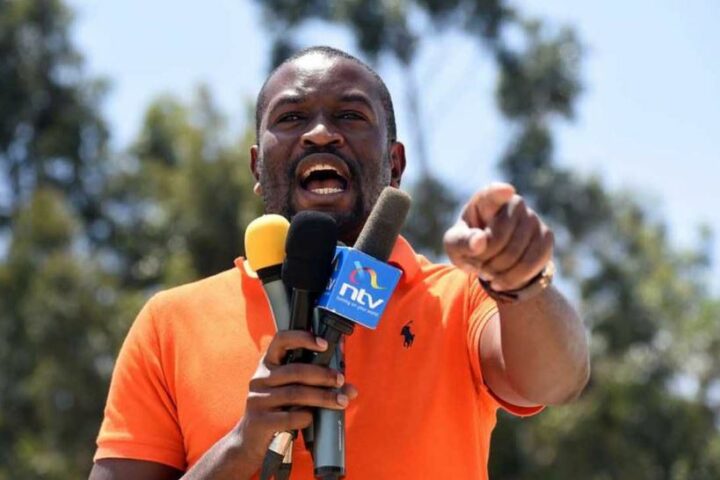 The Court of Appeal has denied a former University of Nairobi (UoN) student a compensation of Sh500,000 which had been awarded by the High Court.
The Court of Appeal has denied a former University of Nairobi (UoN) student a compensation of Sh500,000 which had been awarded by the High Court.
Inganga Alfred Arunga, a UoN Kisumu campus student, had sued the institution for confiscating his degree certificate on allegations of hacking the university’s computer system to print fake transcripts.
The student file the suit after he went to collect transcripts on January 23, 2017, after graduating with a Bachelors of Laws (LLB) degree in December 2016, only to find what he termed “an unpleasant surprise” awaiting him.
“While there, my degree certificate was confiscated by an official of the University who informed me that he had a tip from an anonymous source that I graduated through deceit and fraud,” he said.
Dr Henry Mutoro the University’s Academic Vice Chancellor (VC) countered his argument saying that an anonymous whistleblower exposed him through an email to the University’s VC dated December 5, 2016.
“He said the student hacked the University’s transcript software, faked its rubber stamp and signature of the University’s Dean-School of Law which he used to generate his transcripts fraudulently,” argued Mutoro.
The High Court awarded Mr Arunga a sum of Sh500,000 as general damages for the delay which frustrated his academic journey to join Kenya School of Law (KSL).
But UoN moved to the Appellate Court arguing that the award was excessive and generic.
They also said it would “set a dangerous precedent, opening a door for inept students to claim violations of rights for their failure to fulfill the requirements of attaining a degree legitimately.”
The Court of Appeal judges in Kisumu upheld the University’s argument, stating that the confiscation of the degree certificate was not deemed injurious enough to warrant the High Court’s awarded amount.
“I do not think the circumstances in this case warranted the award of Sh500,000 as general damages for Arunga’s violation of the right to fair administrative action,” said Justice Joel Ngugi in a judgment endorsed by his peers Francis Tuiyott and Jamila Mohammed.
“Not every constitutional violation warrants monetary compensation. Given the expedition with which the whole matter was handled, and given that Arunga did not demonstrate the university’s internal grievance (solving) mechanisms were inadequate.”
The Judges further mentioned that Arunga, who did not enroll in the law school as originally intended, failed to adequately demonstrate that he experienced emotional distress or other significant consequences to justify the awarded amount.








